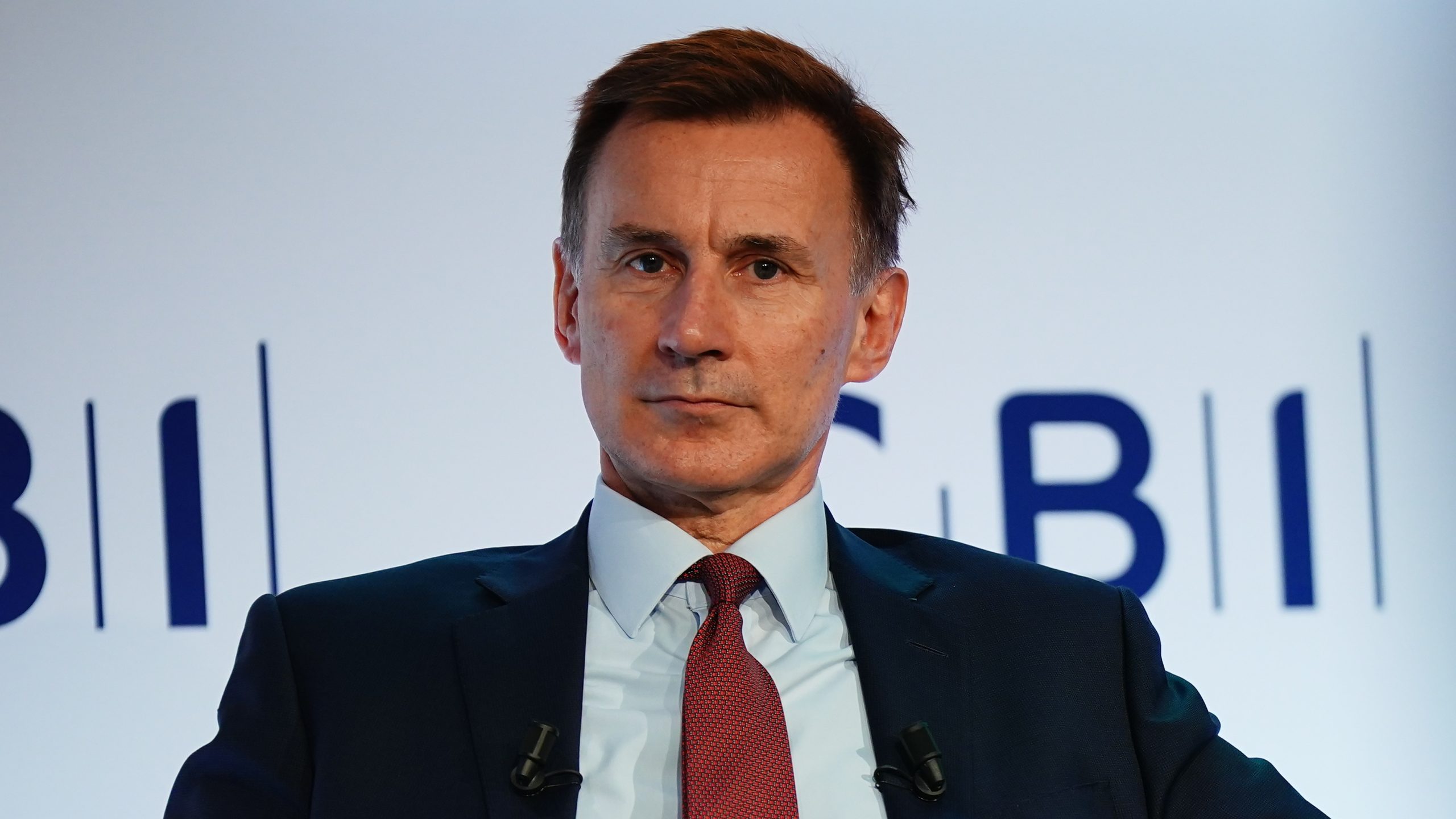Chancellor Jeremy Hunt Faces Financial Challenge
Chancellor Jeremy Hunt has encountered a setback as official figures show that borrowing for the last financial year exceeded forecasts, reaching £120.7 billion. This increase was driven by rising wages and benefit payments.
Key Statistics
- Full-year public sector net borrowing estimated at £7.6 billion less than the previous year
- Borrowing exceeded the UK’s official forecaster’s prediction by £6.6 billion
- Office for Budget Responsibility (OBR) had forecasted borrowing at £114.1 billion
Spending and Debt Overview
Jessica Barnaby, ONS deputy director for public sector finances, highlighted that spending increased by approximately £58 billion, with higher expenditures on public services and benefits outweighing reductions in interest payments and energy support scheme costs.
Government debt stood at around 98.3% of the UK’s GDP in March, a 2.6 percentage point increase from the previous year, maintaining levels last observed in the early 1960s.
Government Response
A Treasury spokesperson attributed the recent debt increase to measures taken to protect jobs during the pandemic and alleviate energy bill spikes post-Ukraine crisis. The government emphasized the importance of adhering to the plan to reduce debt.
Economic Outlook
Despite the borrowing exceeding forecasts, experts anticipate the Chancellor to proceed with tax cuts to stimulate growth, especially in light of the upcoming general election. However, opinions vary on the feasibility of implementing further tax reductions given existing financial constraints.
Rob Wood at Pantheon Macroeconomics predicts tax cuts before the election, while others like Andrew Goodwin from the EY Item Club suggest that additional spending constraints may limit tax-cutting initiatives.
















































